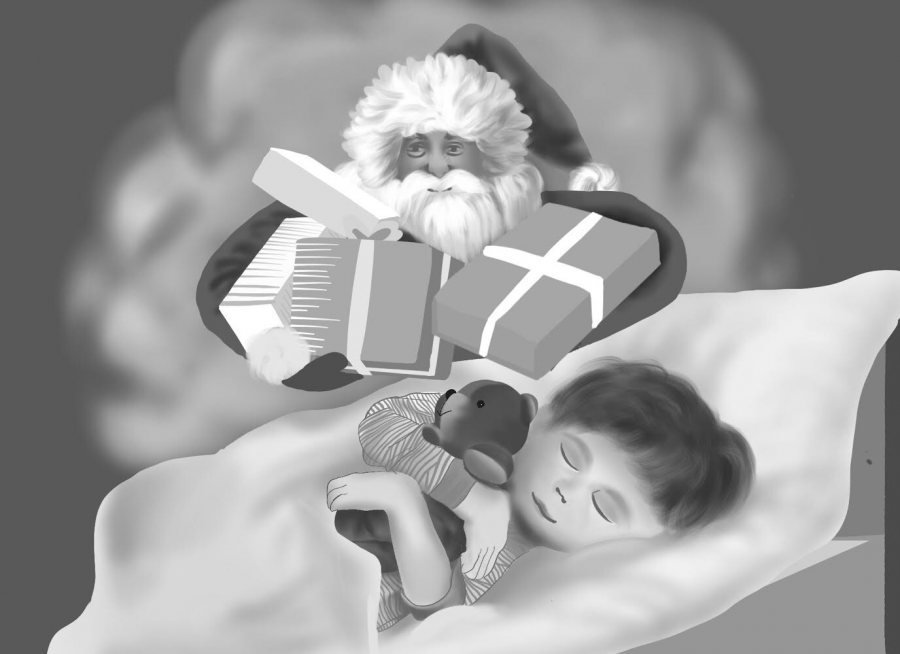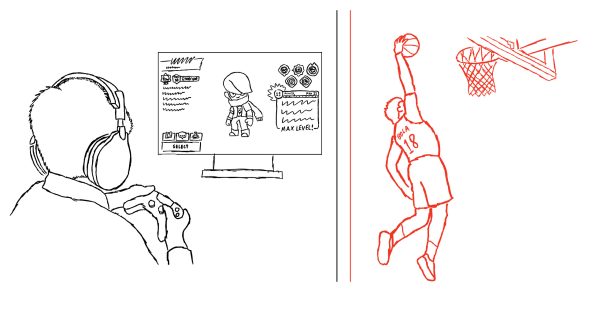Is there more to Christmas than Santa?
Santa Claus is necessary and important to children across the world during Christmastime. However, there comes a time in everyone’s life when they realize that the magical person traveling across the world in a single night and giving presents to every child in the world might be a little unrealistic. But when is it time to stop believing in Santa, and what does it mean for us?
For children, Santa is a magical figure who brings joy to boys and girls around the world by giving them gifts in return for cookies and milk. He is considered the Father of Christmas and delivers happiness and joy. As far as I know, Santa is a major part of Christmas for all believing children. He makes Christmas incredible and something to behold.
Unfortunately for young believers, certain things must come to an end. When I stopped believing in Santa, I was in fourth or fifth grade. I asked my parents about the topic and they both gave me vague answers, so I knew something was off. It didn’t make sense that a single man could devour cookies and milk in billions of homes in only one night, after all. In general, I think most children stop believing in Santa in about fifth grade, or at least in early middle school. This fact, in itself, is benign, but what does it change? What happens to Christmas without Santa?
Christmas’ tone and true meaning seems to shift once we realize that the figment of Santa originated from Saint Nick. Christmas is no longer something incredulous and impossible, but once Santa is taken out of the picture, the true meaning of Christmas begins to unfold. We realize what the true meaning of Christmas really is: giving. We used to be given gifts to one another under the guise of Santa Claus. Now, it is time to return the favor. The receiver becomes the giver; we renew the cycle of Santa and Christmas. We make happy memories and spend time with others on Christmas. And, if you are Christian, we celebrate the birth of Jesus Christ. To me, nothing is more magical than that.
Your donation will support the student journalists of Saint Viator High School. Your contribution will allow us to purchase equipment and cover our annual website hosting costs.








